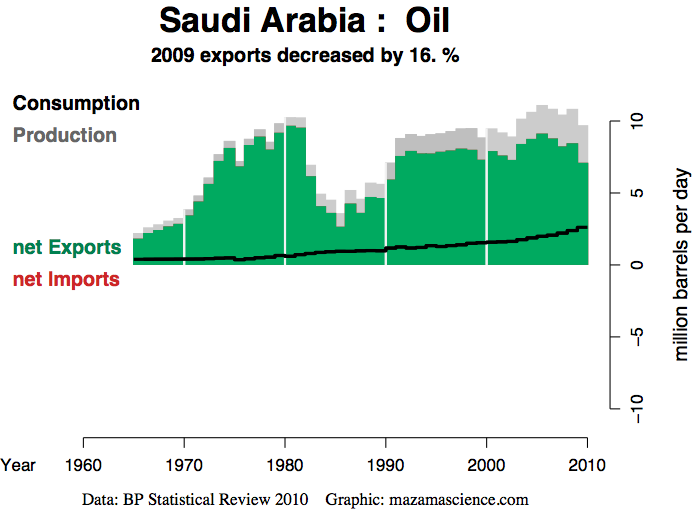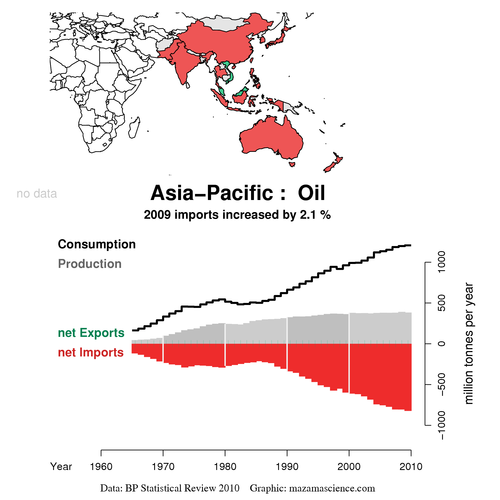Ziggy Stardust said:
Which idea for "alternative" energy do you believe is most promising?
Well you'd obviously be looking for a mixture - preferably at least one ultra-reliable base supply which can be supplemented by the more erratic sources.
Hydro/Tidal/Geothermal - These are all quite clean and reliable, but have specific site requirements that make them unusuable or at least inefficient in many areas. Hydro in particular could be argued not to be really alternative - it's been used for ages because it works. Snag is that this means the economically viable sites have been used so what we have already is likely to be what is economically viable unless there is some major improvement in the technology. Good for a base supply.
Solar - Probably the most promising in my opinion, at least in terms of large scale power stations and concentrated systems like solar towers. I'm rather less convinced by the current fad of sticking photovoltaic cells on every roof. I have a few environmental concerns about the extraction of the rare earths needed to make these, so I'd prefer they were used efficiently. Slapping them on every building means a large percentage will be poorly located - let's get some economy of scale going and pick optimal sites. There's a lot of desert on this plaanet which we're not using for much at the moment. Inevitably this still works better in some countries than others.
Wind - too unreliable for a base supply, but can be supplemental. The need to back up the entire fraction from wind with other sources puts a limit on how large a percentage of the overall grid can be efficiently supplied by this method.
Wave - this is starting to remind me of fusion in terms of the amount of time it's remained experimental and the number of missed predictions of when it will become economically viable. I therefore file it in the same category - power a city for a year without blackouts or absurd costs, then it'll be worth talking about this.
Biofuels - Ugh. Classic case of fixating on dealing with one issue. OK, it's carbon neutral but everything else about this is both an environmental and economic disaster. Some of the biofuels from plankton ideas might be
margninally better, but given some of the stupid things which are already being done with biofuels this is one area I'd be content to see the plug pulled on completely.
Fission - Again, carbon neutral. If you want to go by that to the exclusion of everything else, then this is the way to go. Ultimately a stop gap, but nuclear fuels (in particular thorium) could be used far more cleanly and efficiently than they are now. Good for a base load.
Fusion - Well if it works its the best solution, but I'm not holding my breath. So many predictions about when it'll be viable, and all of them wrong. However optimistically ITER may be presented, until a commercial fusion plant starts operating it is unwise in the extreme to work on the assumption fusion will one day be viable.









